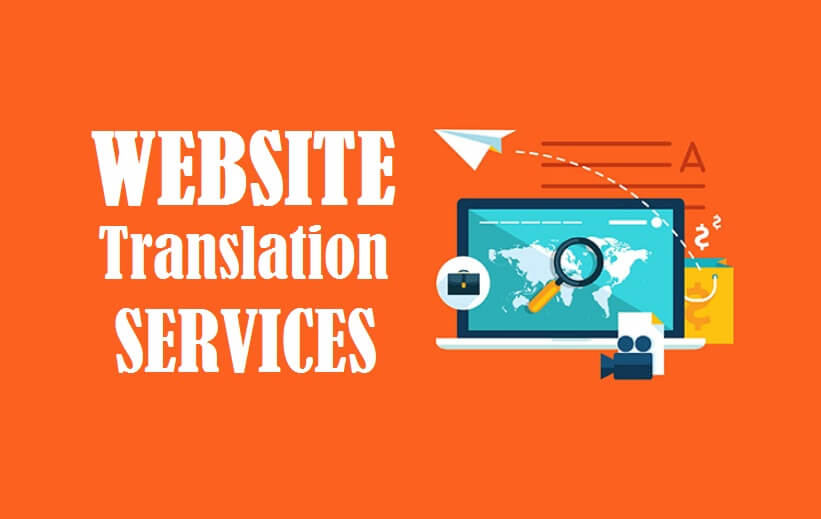There are several types of Transcriptionists depending upon their expertise on different subject matters. The three main types of transcriptionists available in the market are medical transcriptionists, legal transcriptionists, and general transcriptionist. However, people can choose to be a transcriptionist in a different field as well. But these are the most common ones as this service is highly in demand in the medical and legal industry. But there has been a change in the need for this service in the industry. In some industries, especially the medical and healthcare industry, automatic transcription software are replacing human professionals. They have a huge database of specific terms of the subject matter in their machines. And they are using advanced automatic software products. But there is still a need for human intervention as the automatic transcriptions also have lots of errors.
Professional transcriptionists still beat machine transcription by a mile in terms of speed along with accuracy. The main reason for using software products is to cut the costs and save some time. Although this is a good reason to use software products for transcription. But these machines cannot be used for all industries.
Transcription work depends on certain factors:
Audio quality
Audio quality is the most important factor which affects transcription work. There are cases where a transcriptionist feels like pulling off the hair off his/her head due to poor audio quality. In some cases, a person might spend more than 10 minutes on a single part of a dialogue which hardly lasts for about 10 seconds.
There are two primary reasons for poor audio quality. First, use of a mobile or any other device, which is not for professional recording purpose, to record interviews. There are specific audio recording devices which can record audio with very high clarity. Second, recording an interview in a room which is not very good for recording audio. This means recording audio inside a room which is not external noise free. For example, the sound of a fan, sounds from outside the room, sound of traffic from the roads. Also, a room which is completely empty is not suitable as it causes reverberation and affects the speech clarity. A room which has sound absorbing materials such as plants, curtains, cushions and other soft objects reduce reverberation.
Accents of the speakers
Accent matters a lot while doing transcription work. An American accent will obviously sound different from an Indian accent. It matters from person to person whether which accent is understandable to them.
Formal or informal tone
If it is a formal interview or a meeting, people are more likely to speak in an ordered manner and speak in turns. While this is not always true, but it is obviously better than an informal one. If a meeting, interview or a recording is informal, a person can expect it to be a tough job. People will speak together and there will be no formality. Also, topics may change in split seconds in such cases.
The content of the audio
The content or the subject matter of the audio matters a lot. Whether the topic is about flowers or is it about the latest cancer treatments. It takes a lot of research to transcribe an audio accurately. And research takes time.
The number of people in the audio
The number of people speaking in an audio. The difficulty in transcribing an audio increases by multiple folds when the number people in it increases, even by one. These are the points which affect the transcription work. Tell us about your opinions in the comments section and feel free to check out our other content in the blogs section.


